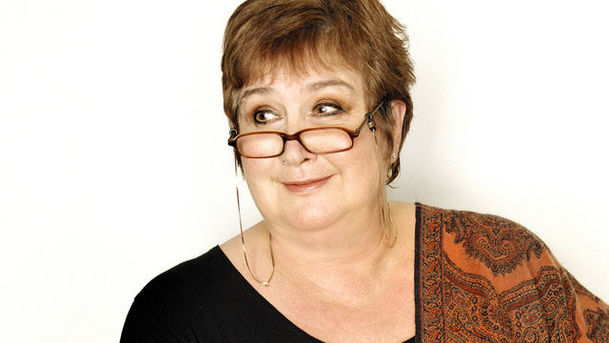Woman's Hour - 20/01/2010

With Jenni Murray. Women's life expectancy is now 81 and men's is 77. That means when we enter a relationship in our twenties or thirties there's a long time stretching out ahead of us 'to have and to hold'. Add to that our romantic notions of meeting a soulmate and having a fairytale wedding, and it's not difficult to see why some couples founder. But many of us do achieve lasting, nurturing, fair relationships that give us security, confidence and love. So how do these couples do it? Kate Figes has spoken to many of them and explains why she sought to separate myth from reality in her new book, Couples: The Truth. A campaign has been launched in Italy to defend the reputation of one of its most famous dishes: pasta with bolognese sauce, known affectionately as 'spag bol'. Have we really been doing it wrong all these years? The Italian cookery writer Valentina Harris tells us how it's meant to be done, and why we should care. The independent health regulator, the Care Quality Commission, says access to primary healthcare has improved and more services can be rated good or excellent. However, it reports that patient satisfaction with appointments and opening times is poor and varies widely between regions. So have polyclinics and out of hours services improved access to healthcare, or has the patient's right to choice come at a cost? Dr Anna Dixon from the King's Fund, Dr Laurence Buckman of the BMA's GP committee and Michael Summers from the Patients' Association join Woman's Hour to discuss patients' concerns and the provision of primary care. Victorian women didn't just work in traditional female roles such as millinery and haberdashery; they also managed male businesses, which included working in the expanding shipping industry of the late 18th and early 19th century. Jenni talks to Dr Helen Doe about the most successful female shipbuilders. How did they come by their businesses? What did they actually do? And how did their skills and opportunities differ from those of men?